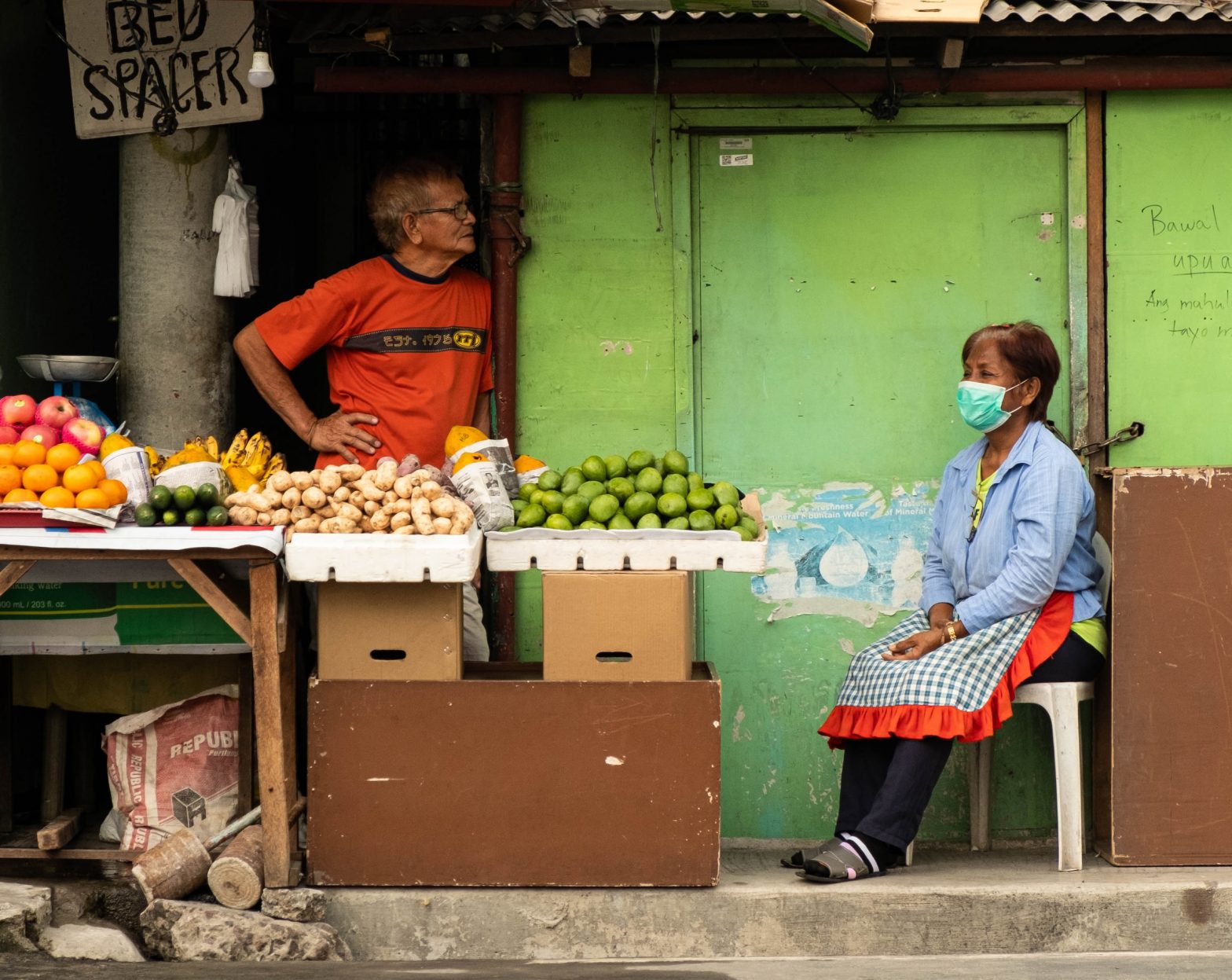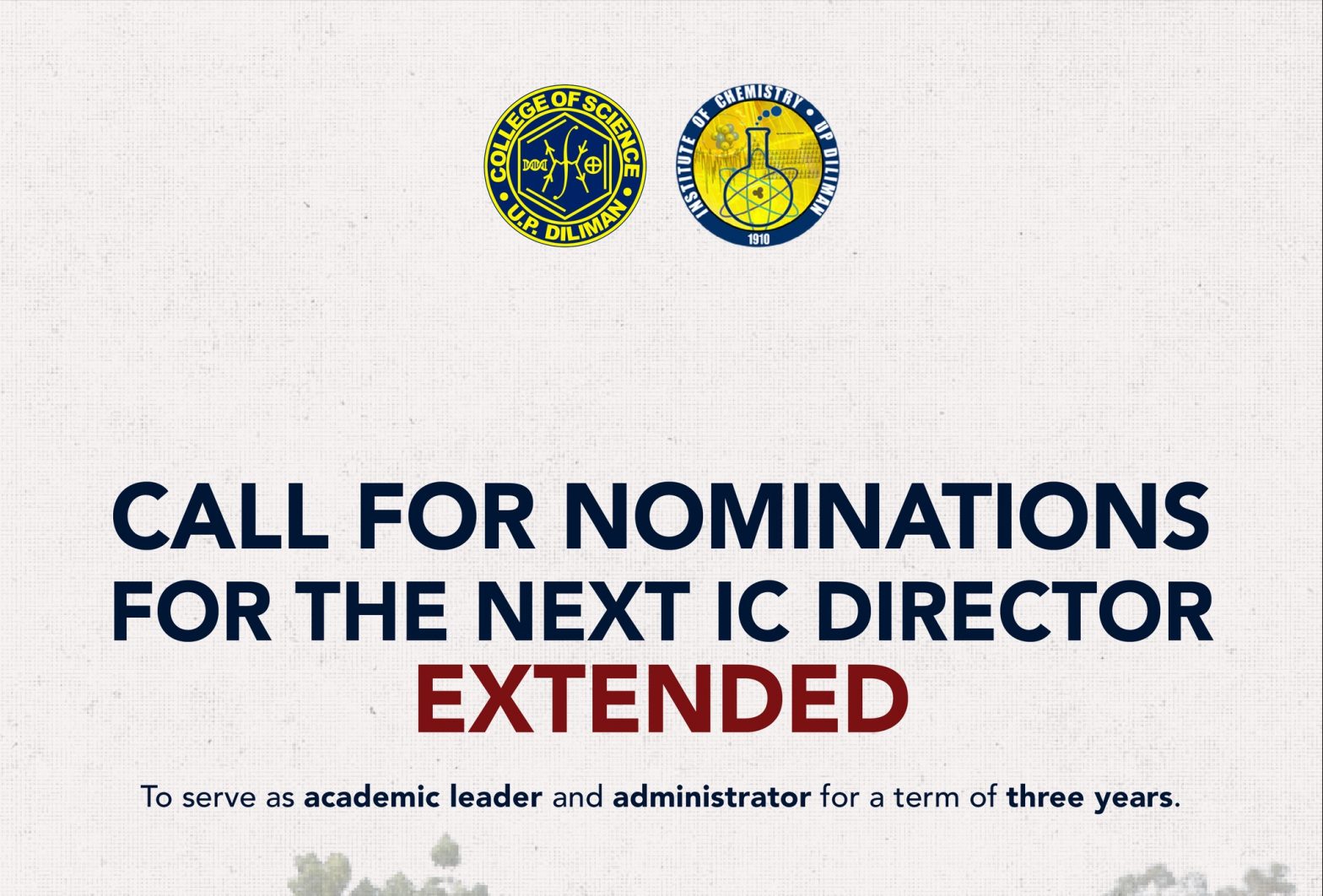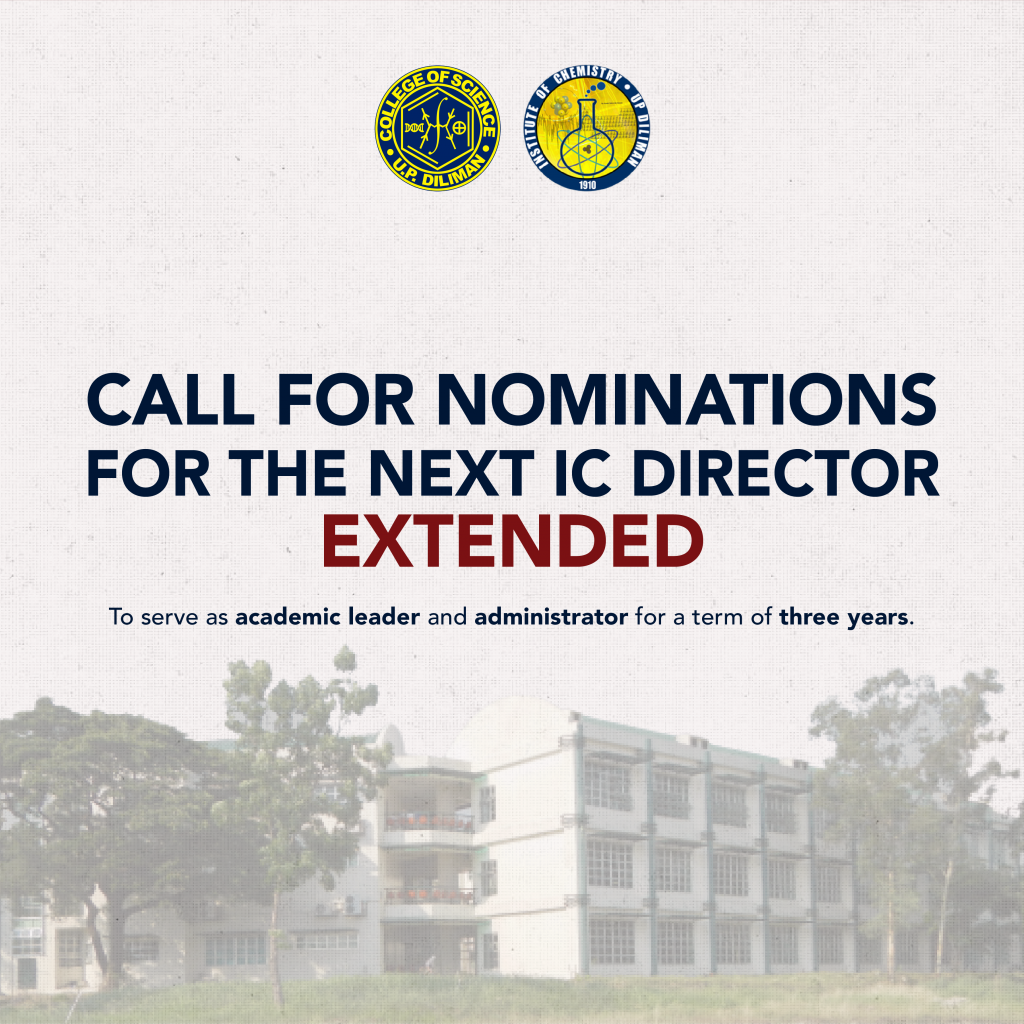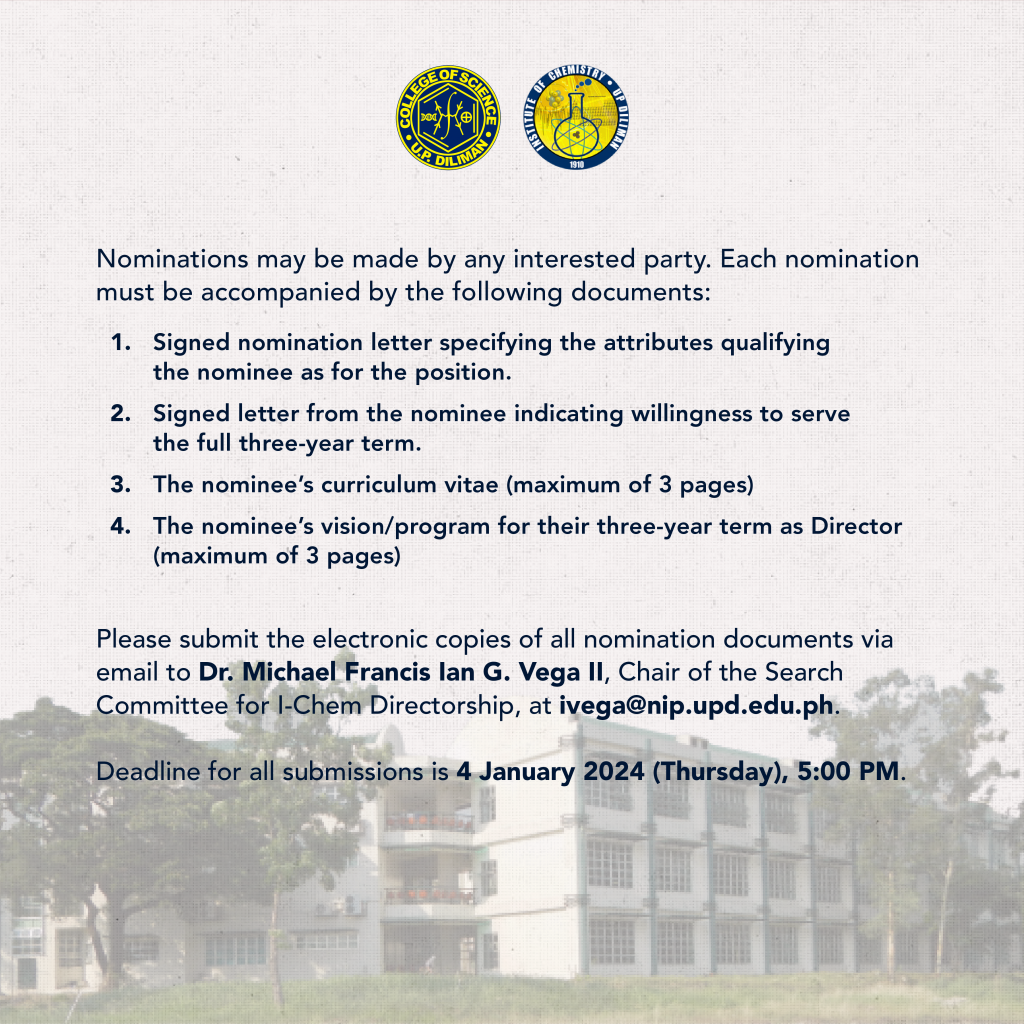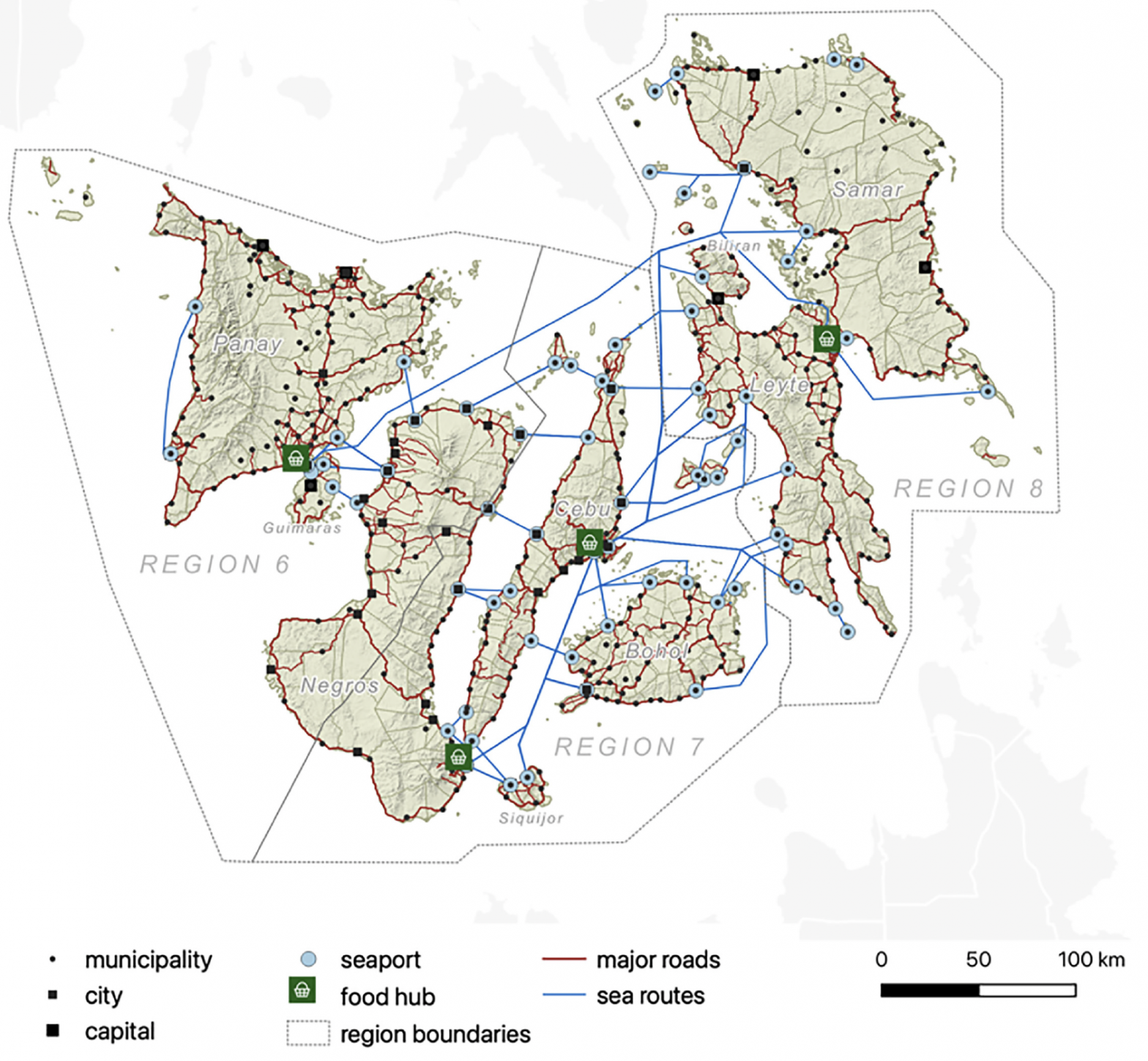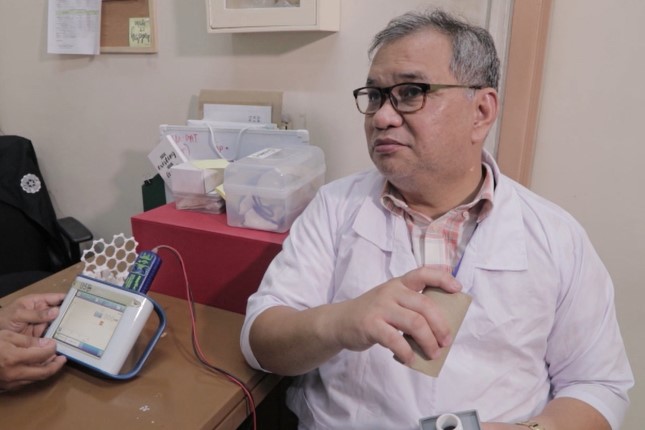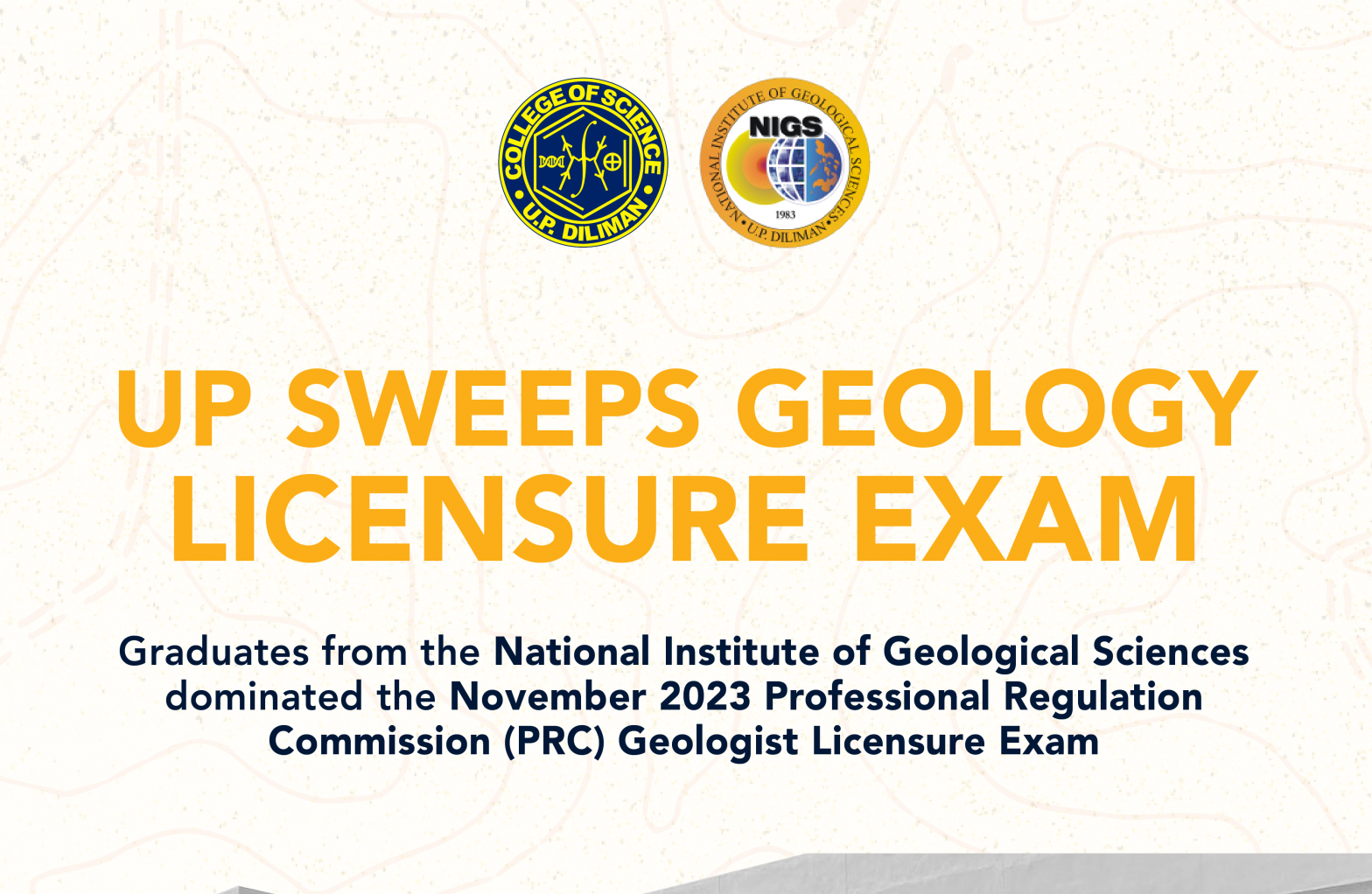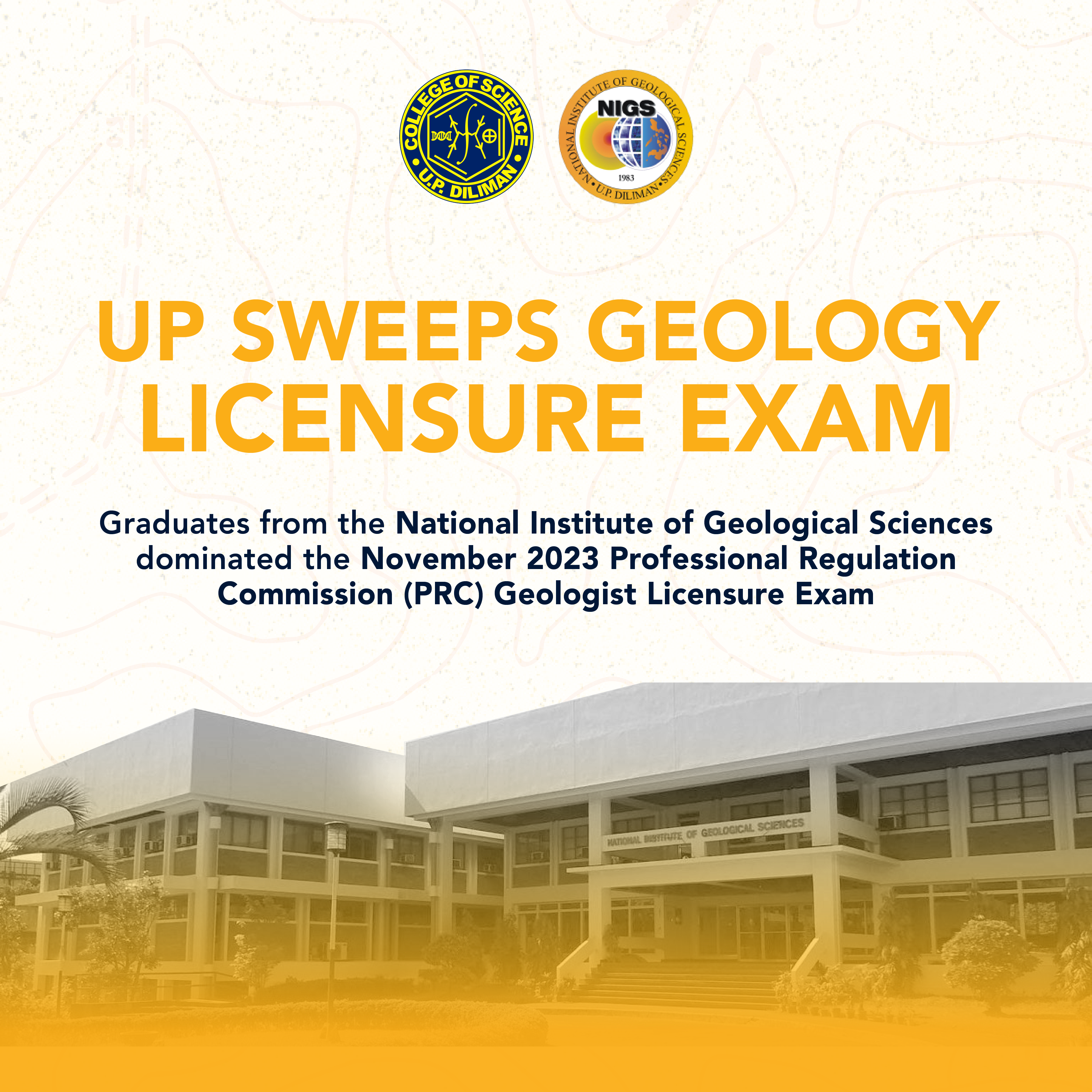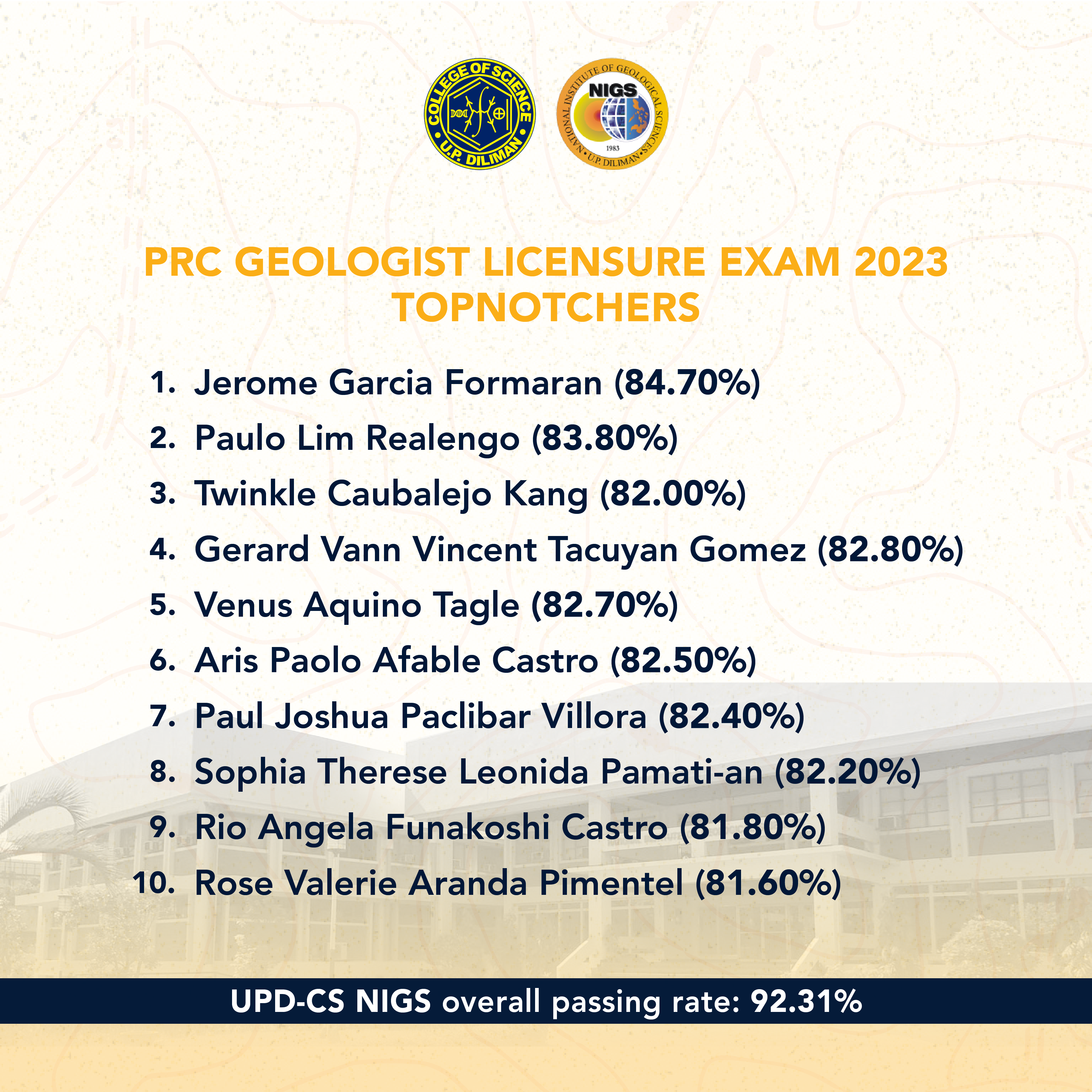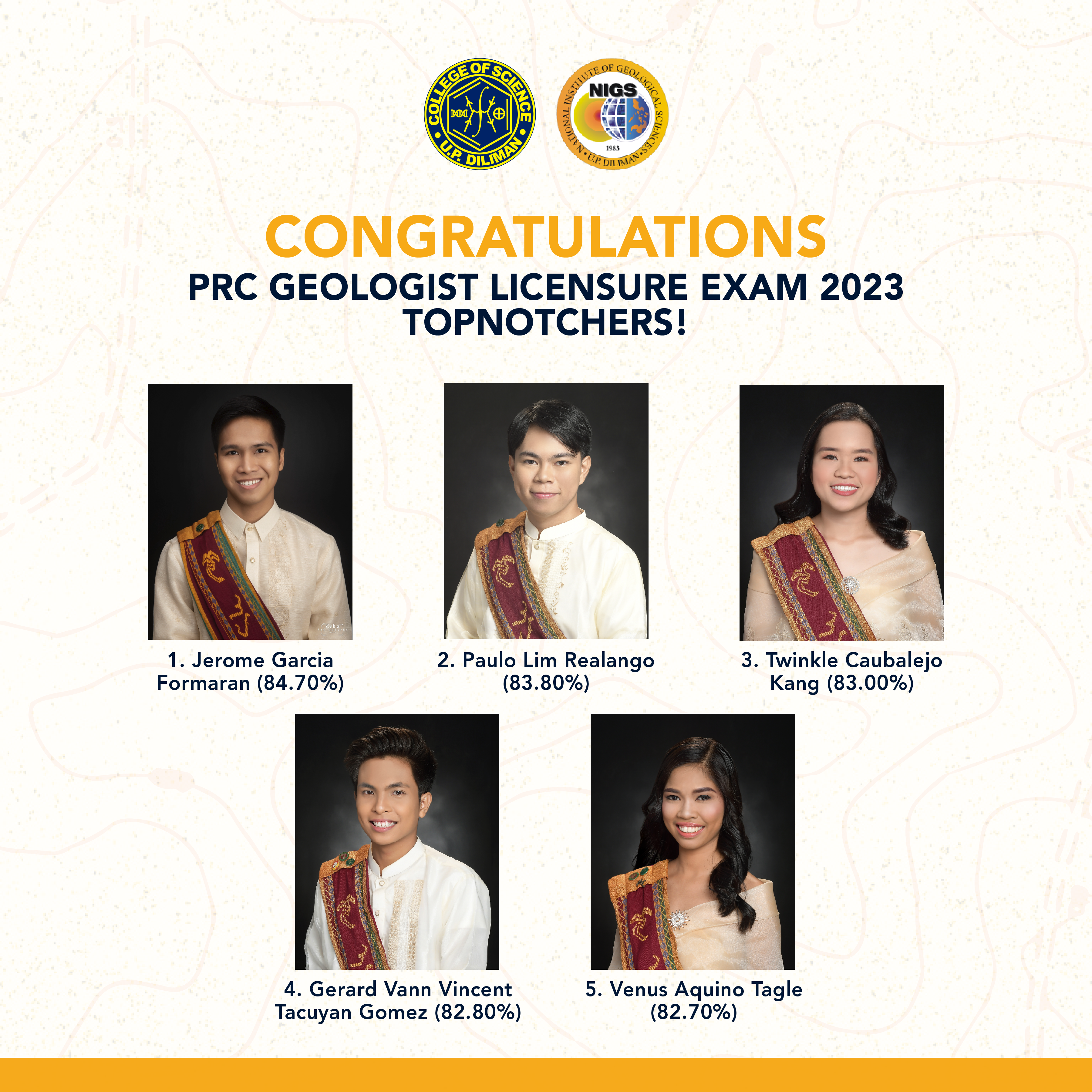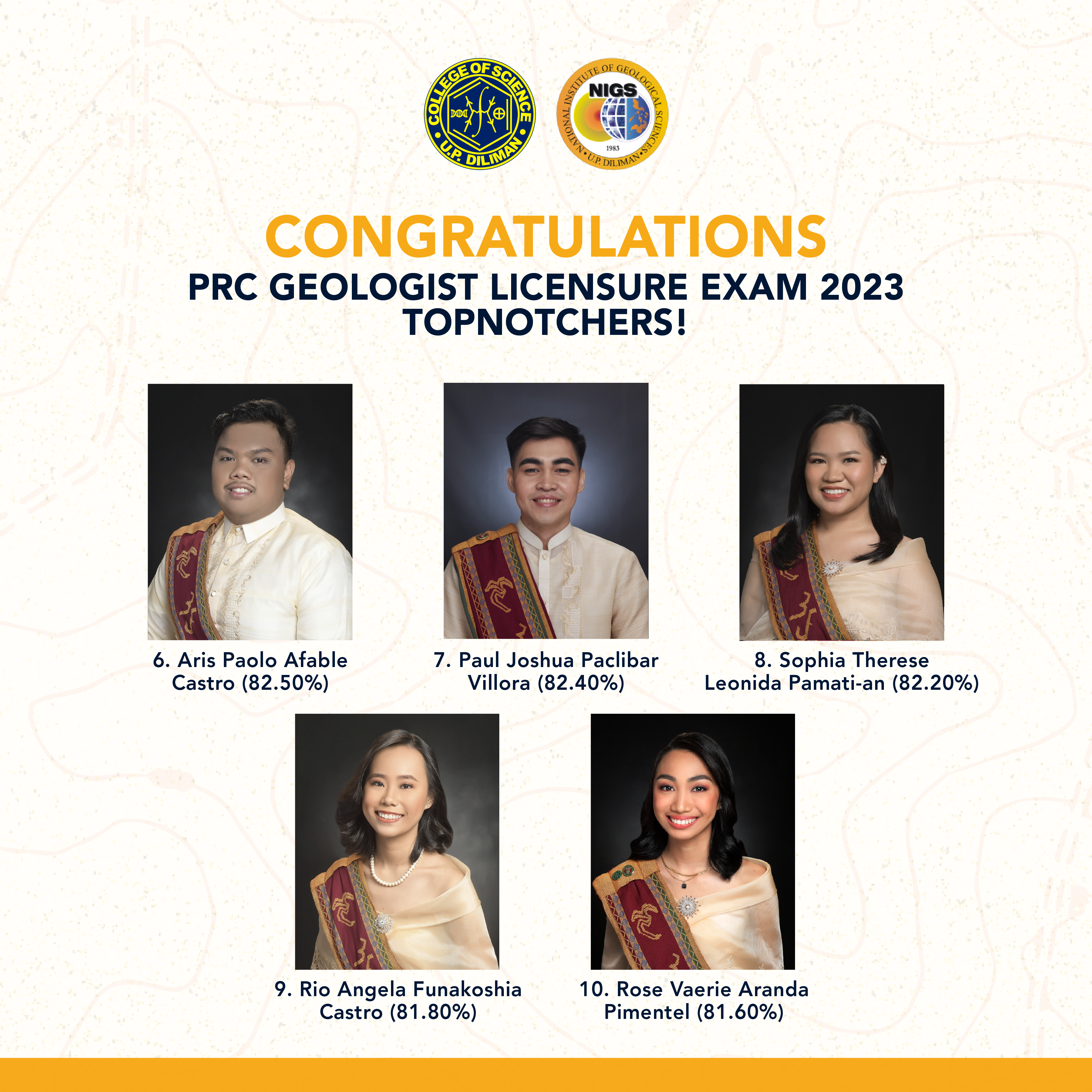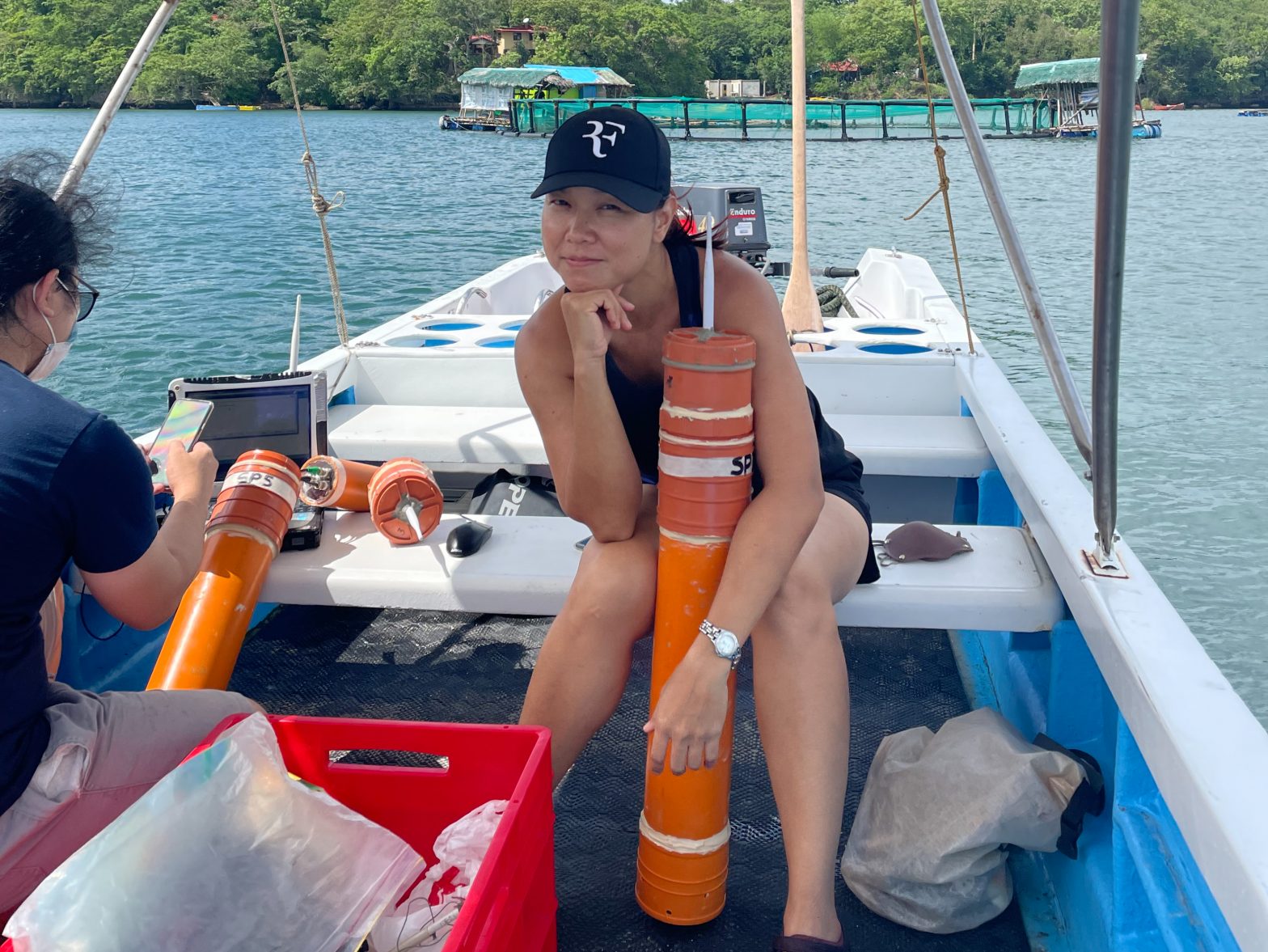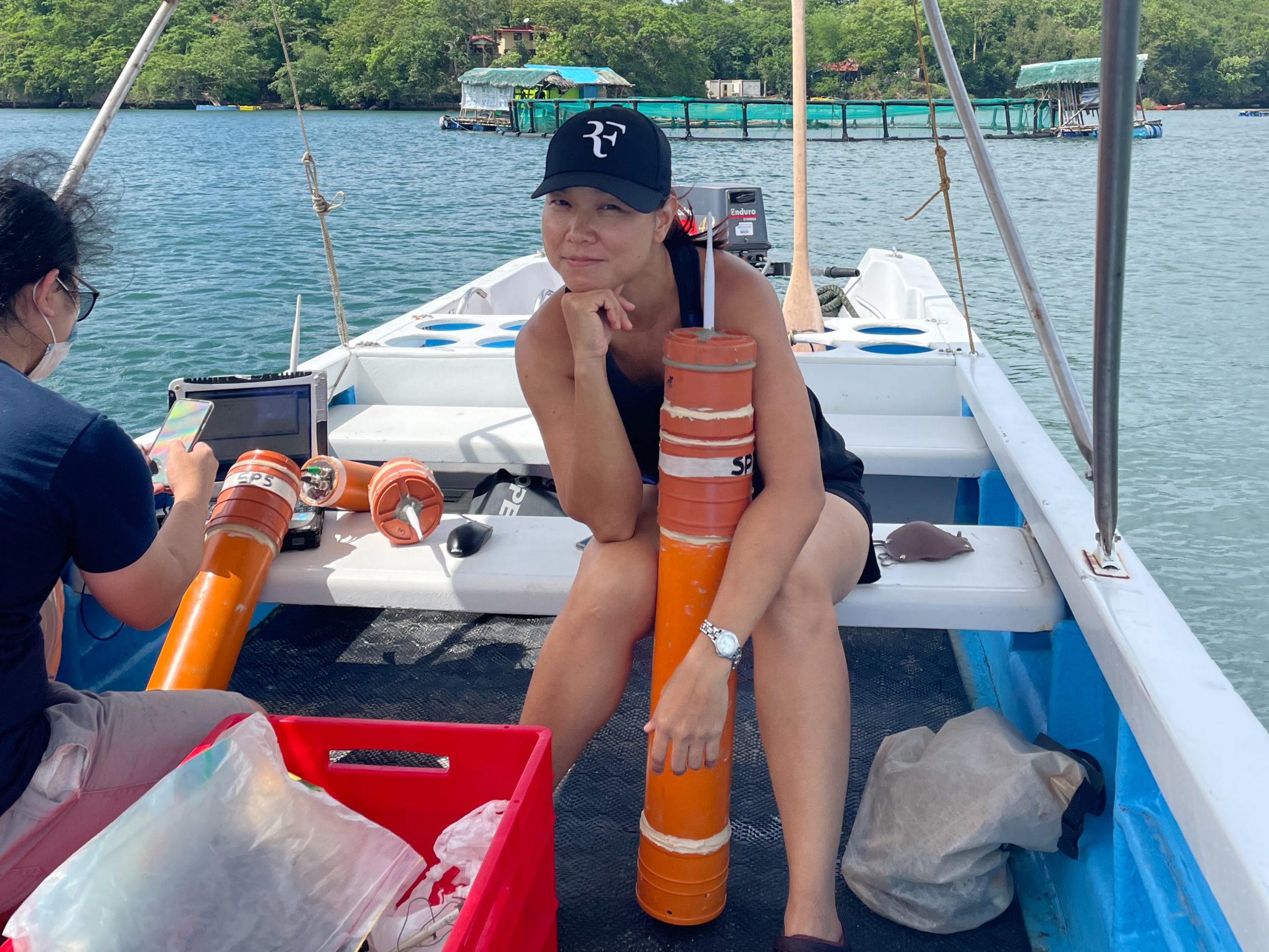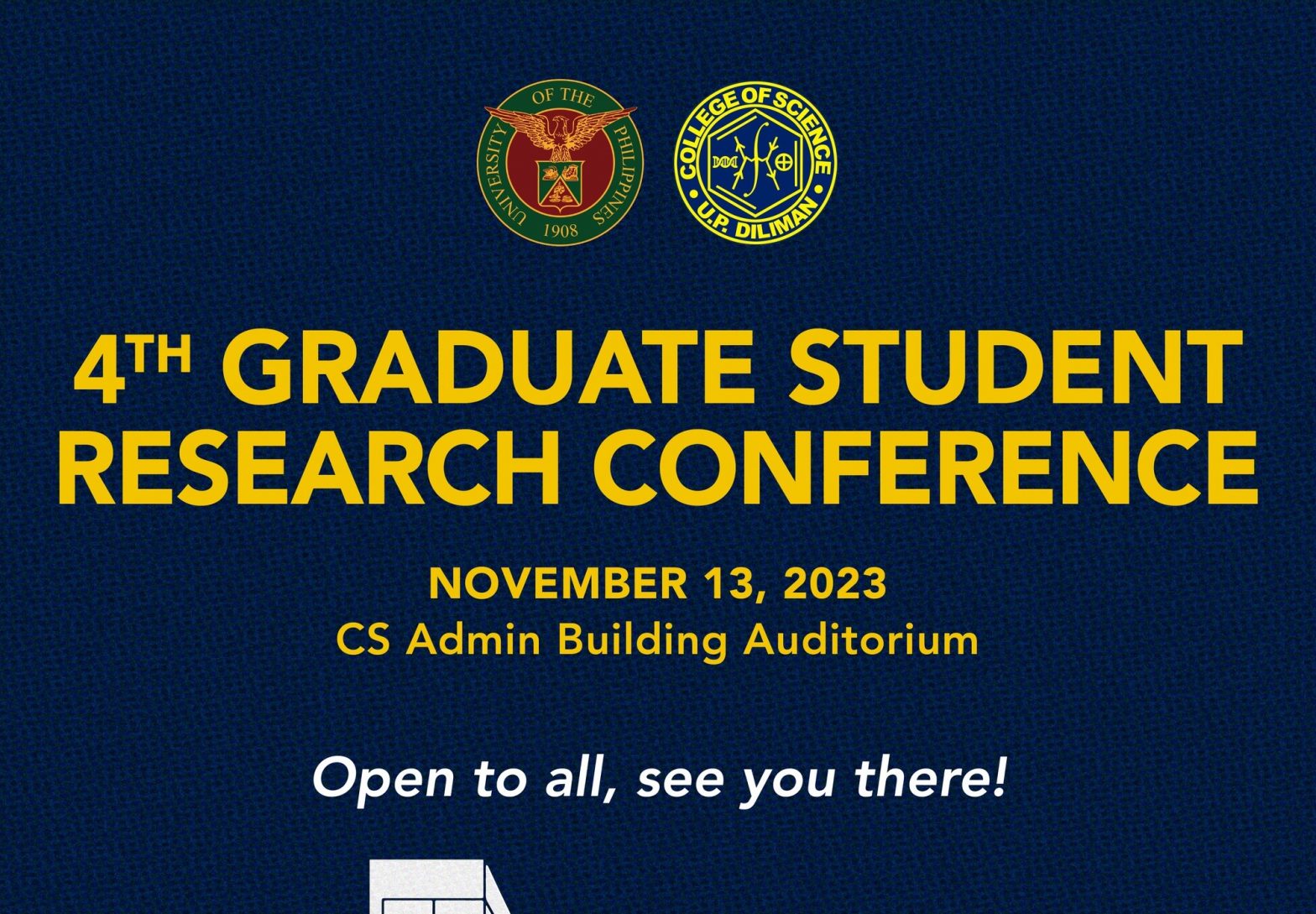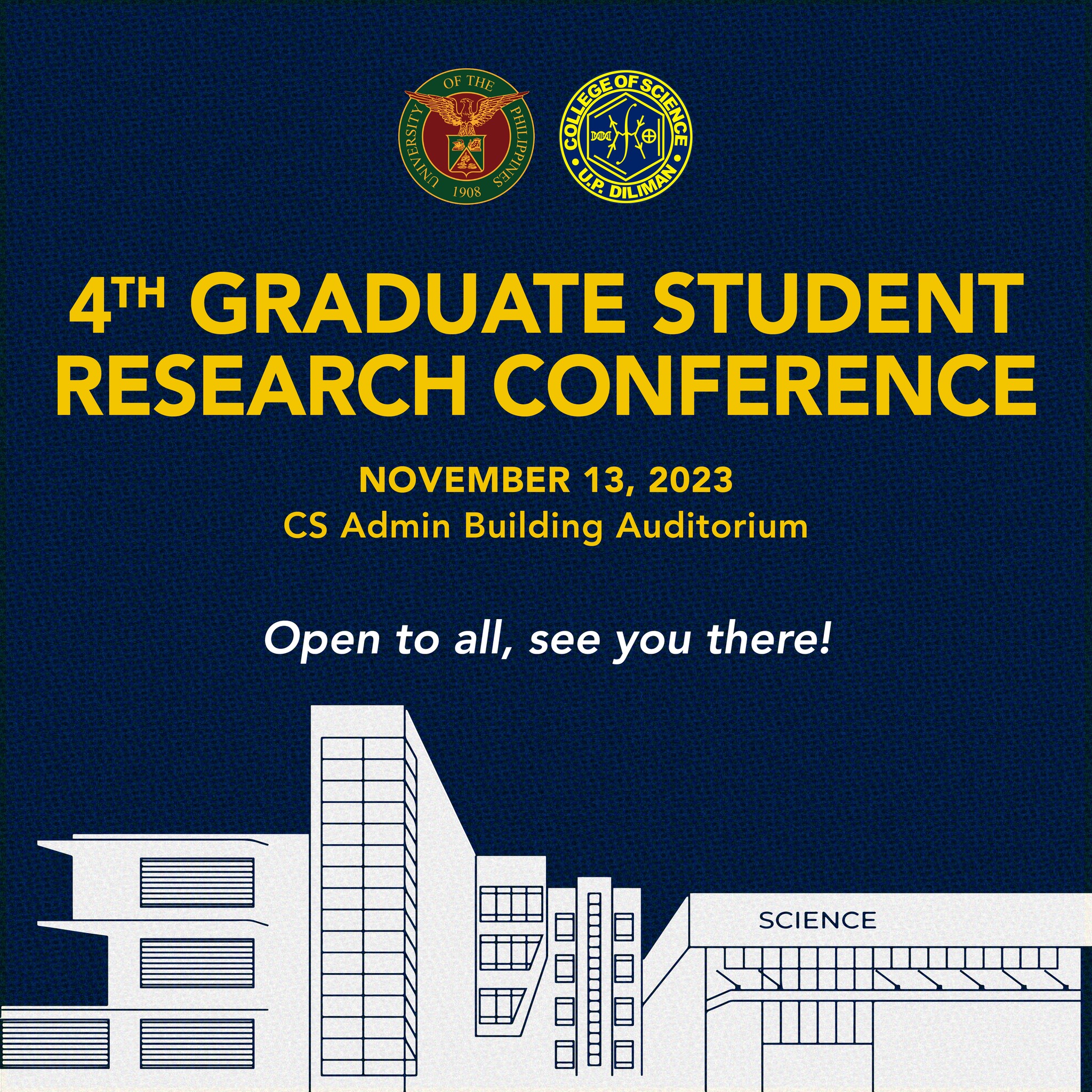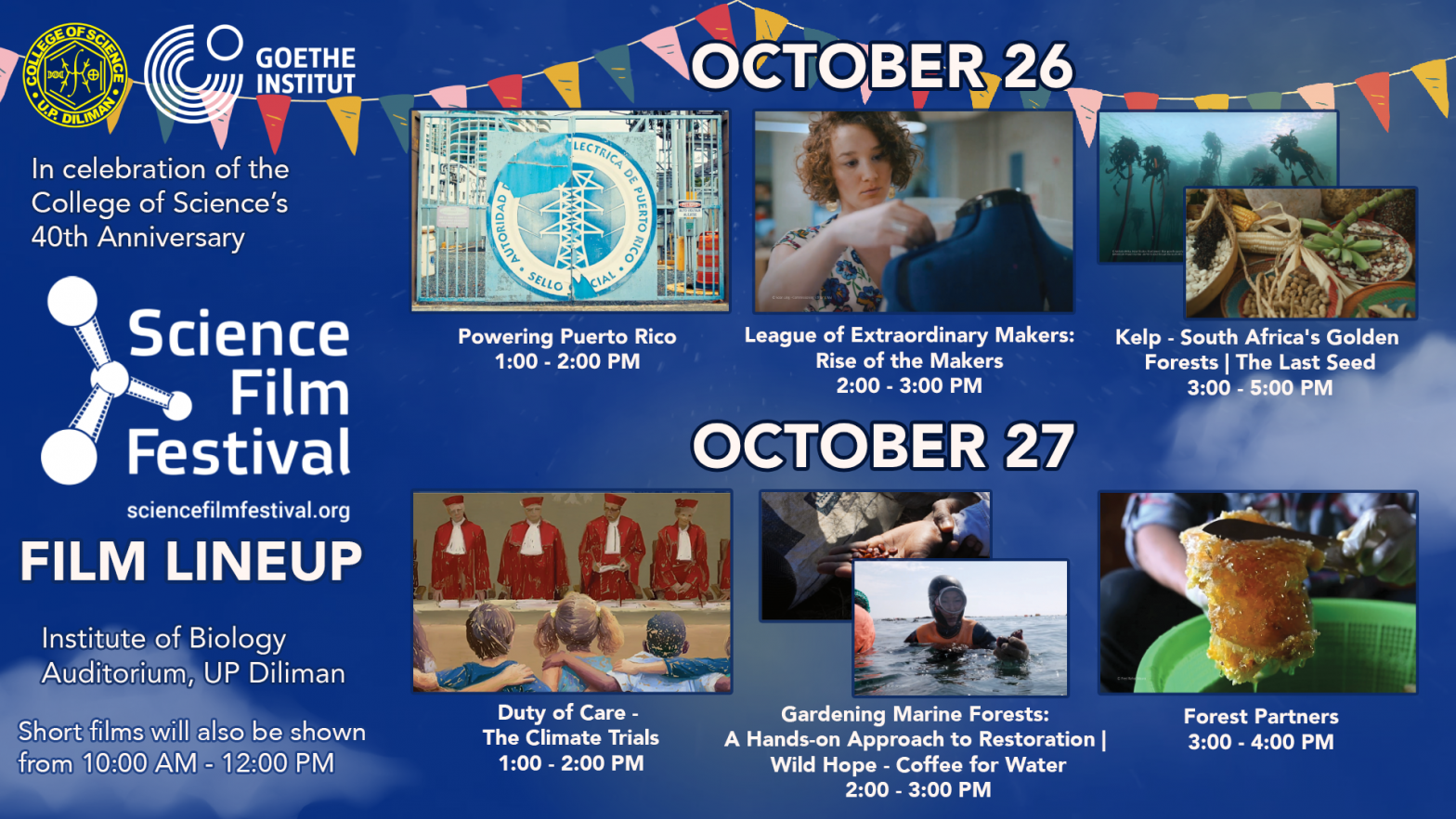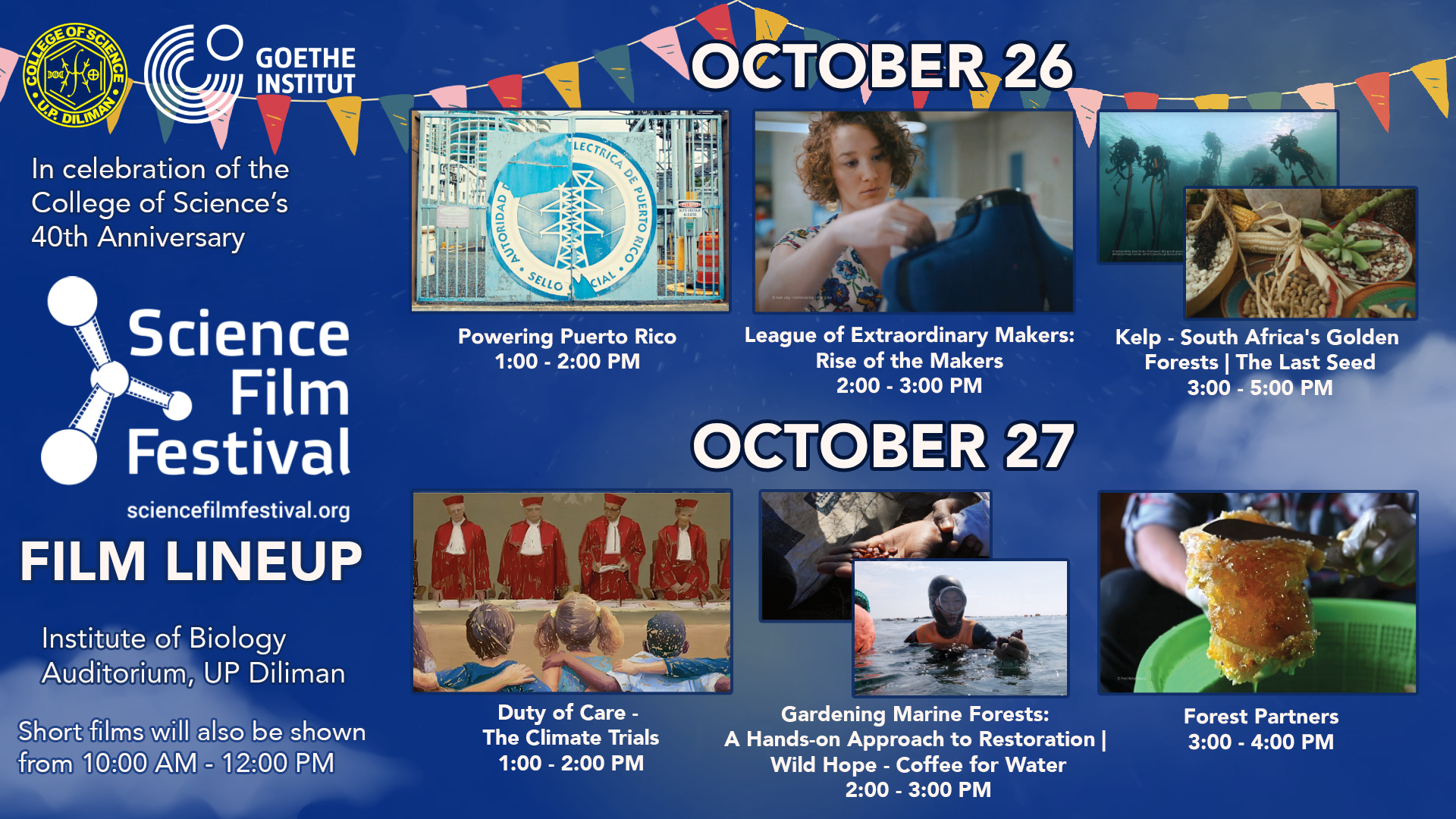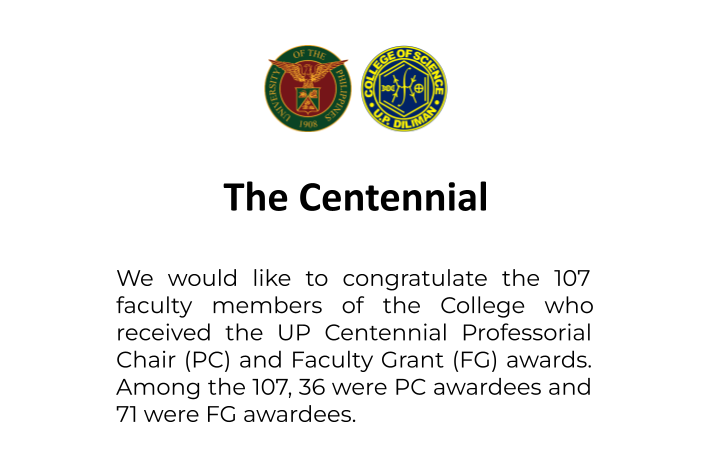UP STS scientists assess the effectiveness of the Philippines’ COVID-19 government policies
Published: December 13, 2023
By: Harvey L. Sapigao
The COVID-19 pandemic spurred governments worldwide to respond with containment policies, with the Philippines having one of the longest and most stringent COVID-19 policies in the world. How effective were these policies in containing the pandemic and providing social and economic support to citizens? This is the question UP Diliman College of Science’s Science, Technology and Society (UPD-CS STS) researchers ventured to answer.
A novel, multidisciplinary approach
STS scientists and faculty members Prof. Benjamin Vallejo Jr, Dr. Rodrigo Angelo Ong and Asst. Prof. Ranjit Singh Rye found a new interdisciplinary approach to the problem: “We just adopted statistical methods commonly used in marine behavioral ecology. After all, government policy response is a set of behaviors that can be standardized and compared with each other. The most significant behavioral responses can be statistically modeled,” Vallejo said.
“Furthermore, a multidisciplinary perspective allows for a better contextualization of how effective the policies are,” he added.
Using standardized policy response measures collated by the Oxford COVID-19 Government Response Tracker project (OxCGRT), they assessed the effectiveness of the Philippine response from 2020 to 2022. The OxCGRT includes daily policy response and implementation data from 180 World Health Organization (WHO)-member states, from 1 Jan 2020 to 31 Dec 2022.
The STS scientists were able to determine that stringent pandemic policies—including lockdowns, quarantines, stay-at-home ordinances, and travel restrictions—were effective in containing the pandemic within the first 60 days. These are all dependent on law enforcement and a securitized approach.
Effectivity of lockdowns and vaccinations
Complete lockdowns negatively affected the economy, so there was a gradual and phased relaxing of policies beginning in May 2020. It was during the relaxing of lockdowns with limited mobility starting with essential personnel that the shortcomings of the government’s response became apparent. With lockdowns being phased out, contact tracing and testing became more necessary to immediately contain clusters of infections. The government was least effective in these efforts.
The policy analysis also revealed that the government’s vaccination rollout and prioritization, although with logistical difficulties at the start, was effective in reducing infections in the health workers sector and thus ensuring the delivery of health services The health workers received the vaccine in a shorter timeframe than the rest of the population beginning March 2021. Overall, it can be said that vaccination caused a more positive outcome in the pandemic.
It was also found that the continuation of travel health checks—such as requiring proof of vaccination, COVID-19 rtPCR tests, and, later, antigen tests—had a low odds ratio to the rate of COVID-19 case increase. This simply means that these requirements lessened the risk of spread of infections across provincial and international borders.
Mask wearing and social distancing
Non-pharmaceutical interventions such as mask-wearing and social distancing, while significantly effective at the local level, were not significantly effective at the national level. The reason is likely related to the differing levels of citizen compliance in communities. Implementation was with the local governments and reflects on political and governance realities. Politicians who implement restrictions without their constituents being consulted and convinced of the necessity of restrictions are likely to lose votes in the next election. In a democracy, citizen engagement with governments remains essential in responding to a crisis such as a pandemic while protecting civil rights according to law. Citizen participation is a central idea in STS in government.
The key role of STS in policy analysis
The UP STS scientists’ work demonstrates that STS approaches to science-informed policy analysis can objectively assess the strengths and weaknesses of government policy. The scientists hope that their study will make policy and governance more effective especially in crises.
Prof. Vallejo is a marine biologist with the UPD-CS Institute of Environmental Science and Meteorology; Dr. Ong, a physician, is a professorial lecturer with the Science and Society Program; and Asst. Prof. Rye is with the Department of Political Science of the College of Social Sciences and Philosophy, UP Diliman. Prof. Vallejo and Dr. Ong also trained under the International Network for Governmental Science Advice (INGSA) in Malaysia on science advice and policy analysis.
Reference:
Vallejo B, Ong RAC , Rye, RS (2023) An Assessment of the Philippines government’s Response to the COVID-19 pandemic based on policy response indices. SciEngg 16 (2) 426-436

